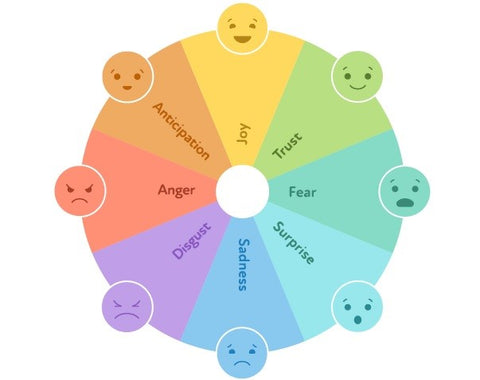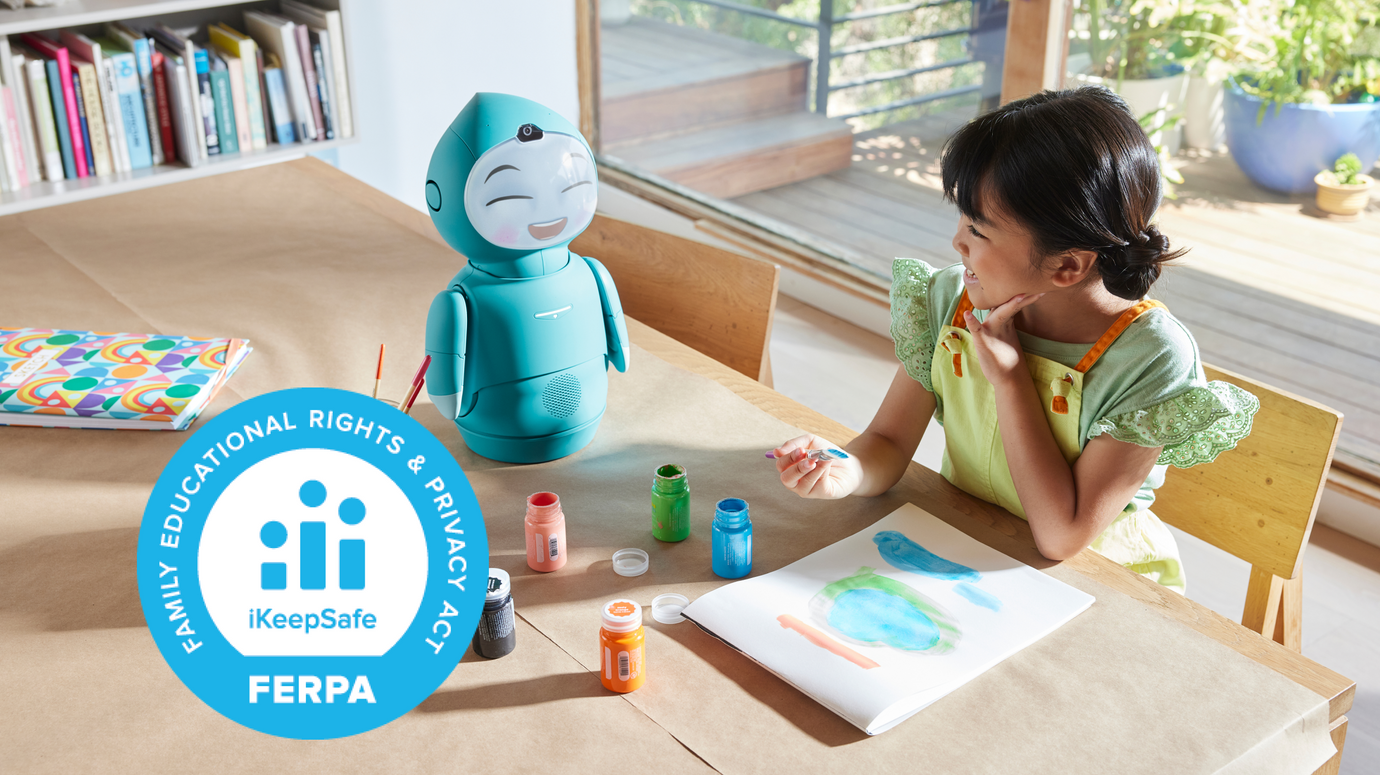How to Help Your Child Control Anger and Strong Emotions

Communicating difficult or unpleasant emotions is hard enough to do as an adult. Even with the right vocabulary, and coping and communication skills tucked into our tool belts, feelings like anger, grief, or anxiety can prove overwhelming and may have an affect on our behavior or our ability to advocate for our needs in a moment of emotional volatility.
For children, who may not yet have the words to describe their big or scary feelings, soothing, regulating, and talking about these emotions can be even trickier. But learning to do so is a normal part of growing up, and as a parent or guardian, you are in a position to help foster healthy coping mechanisms and communication skills in your kid. Let’s talk about it.
What are strong emotions in children?
Kids experience all the same feelings we experience as adults. Their emotions may be less complex and carry fewer associations than ours do, however the neurochemistry and relevant brain structure responsible for signaling emotion is very similar.
Our ability (both adults and children) to regulate emotion is highly individual, and can be affected by things like past trauma, and challenging mental health. Neurodivergent people, including those with ADHD or Autism, may also have a harder time controlling or modulating their feelings due to characteristic dopamine dysregulation, in addition to other factors.
This means that when a strong feeling comes up, the way your child expresses that feeling can be distressing or even harmful to themself and those around them. But different feelings require different soothing tactics or intervention, and it’s important to know how best each big feeling can be handled.
Anger in kids
Anger is a perfectly normal emotion, and your child should be taught healthy strategies for holding, expressing, and releasing anger when it comes up.
But when anger is very close to the surface for your child at all times, episodes of extreme anger seem frequent, or the way your child expresses anger becomes volatile or violent relatively quickly, it can be difficult to deal with as a parent or guardian.

Some telltale signs that your child needs support in regulating this feeling are:
- If they have trouble maintaining relationships because of their anger.
- If your familial routines and time with other children or partners are frequently disrupted because of your child’s anger.
- If they are aggressive and quickly reach for physical violence as an outlet for their anger.
- If they have volatile reactions to frustrating situations.
- If the way they handle or react to their own angry feelings does not change and mature as they age.
Anxiety in kids
Anxiety is typically described as an extended sense of dread or lack of safety which may or may not be caused by an identifiable trigger, or external stimuli. In children, long-term anxiety can be the reason for behaviors such as:
- An intense need to stay with a parent or guardian which they do not grow out of.
- Intense phobias, and worry about those phobias even when the trigger is not present.
- Fear and avoidance of people, places, or circumstances which are unfamiliar.
Anxiety is another emotion which is absolutely healthy to feel under certain circumstances. But when that fear doesn’t go away, is coming up under circumstances where fear is unwarranted, or is otherwise affecting your child’s quality of life, it should be addressed.
Children’s temper tantrums
Temper tantrums, characterized by crying, screaming, flailing, limpness, and sometimes physical violence, are often a daily occurrence in the lives of especially younger children. Temper tantrums typically happen when your child does not know how to regulate or express intense emotions like anger, grief, fear, or overwhelming frustration. It can be an unconscious attempt to seek validation, or support and soothing from an outside source i.e. a parent or guardian.

Again, temper tantrums are normal, however they also represent an opportunity to teach your child better emotional regulation and healthy ways of expressing and asking for support around their feelings.
How to help kids control their temper and strong emotions
As a parent or guardian, there are a number of strategies you can employ to help teach your child to better regulate their strong emotions, and make requests when they feel their needs aren’t being met. Here are a few suggestions.

When are temper tantrums and strong emotions in kids more?
Tantrums and other strong emotions are likely just that: tantrums and other strong emotions. Sometimes, however, they can be warning signs for other, deeper emotional troubles or trauma.
Organizations including the Child Mind Institute and Very Well Family provide excellent resources and content that can help you begin to determine whether your child might need a little extra support. For parents of neurodivergent kids, groups like the Autism Self Advocacy Network can equip you with tools and information to better understand your child’s needs.
Other important resources include:
- Youth Mental Health from Mental Health America
- The American Psychological Association
- The National Institute for Mental Health
Can Moxie help my child control anger and strong emotions?
Moxie from Embodied is an AI-driven friend for young kids that they can talk to about their feelings, learn coping skills from, and even share space with. With Moxie, your child can learn how to understand and regulate their feelings with mindfulness exercises and by teaching Moxie how to understand their emotions, as well. This in turn will help them to express strong emotions in a healthy way, and ask for the support they need when they need it.
Learn more about Moxie here, and schedule a demo to see whether Moxie would make a great addition to your family.






